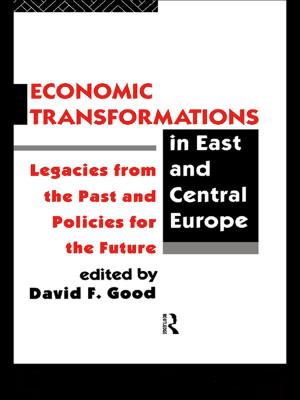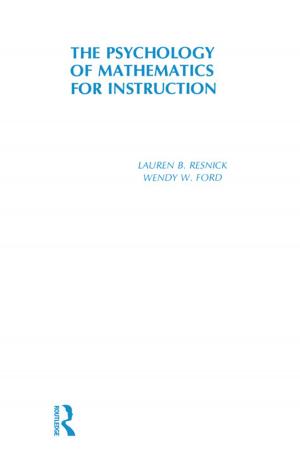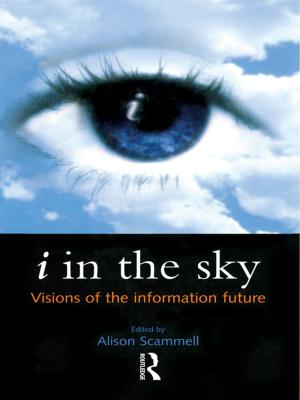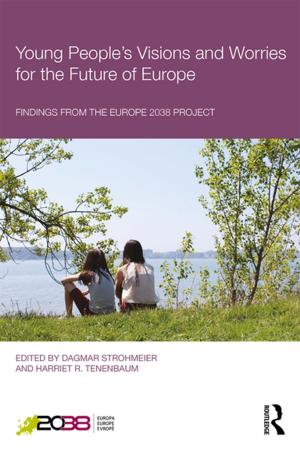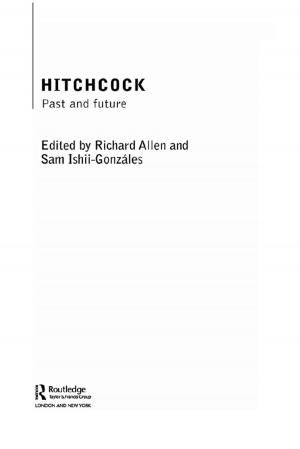Integrating Service Learning and Multicultural Education in Colleges and Universities
Nonfiction, Reference & Language, Education & Teaching, Educational Theory, Multicultural Education| Author: | ISBN: | 9781135666620 | |
| Publisher: | Taylor and Francis | Publication: | April 8, 2014 |
| Imprint: | Routledge | Language: | English |
| Author: | |
| ISBN: | 9781135666620 |
| Publisher: | Taylor and Francis |
| Publication: | April 8, 2014 |
| Imprint: | Routledge |
| Language: | English |
The focus of this book is on the ways in which service learning and multicultural education can and should be integrated so that each may be strengthened and consequently have greater effect on educational and social conditions. It offers a significant attempt to forge a dialogue among practitioners of service learning and multicultural education. The overriding theme is that service learning without a focused attention to the complexity of racial and cultural differences can reinforce the dominant cultural ideology, but academic work that seeks to deconstruct these norms without providing a community-based touchstone isolates students and schools from the realities of the larger communities of which they are part.
Although the chapter authors provide varied perspectives on the benefits and challenges of integrating multicultural education and service learning, they all are committed to a vision of education that synthesizes both action and reflection. None of the authors pretend to have all the answers to what this integration should look like, nor do they believe that today's social problems are easily ameliorated through education. Rather, they share theories, practices, failures, and triumphs in order to further the conversation about the importance of aligning what educators say about the world and how they act in and on it. These authors share the view that multicultural education is truly transformative for students only when it includes a community action component, and likewise, service learning is truly a catalyst for change only when it is done from a multicultural and socially just perspective. It is their hope that the ideas explored in this book will further the work of those who share a commitment to the integration of action and reflection.
The focus of this book is on the ways in which service learning and multicultural education can and should be integrated so that each may be strengthened and consequently have greater effect on educational and social conditions. It offers a significant attempt to forge a dialogue among practitioners of service learning and multicultural education. The overriding theme is that service learning without a focused attention to the complexity of racial and cultural differences can reinforce the dominant cultural ideology, but academic work that seeks to deconstruct these norms without providing a community-based touchstone isolates students and schools from the realities of the larger communities of which they are part.
Although the chapter authors provide varied perspectives on the benefits and challenges of integrating multicultural education and service learning, they all are committed to a vision of education that synthesizes both action and reflection. None of the authors pretend to have all the answers to what this integration should look like, nor do they believe that today's social problems are easily ameliorated through education. Rather, they share theories, practices, failures, and triumphs in order to further the conversation about the importance of aligning what educators say about the world and how they act in and on it. These authors share the view that multicultural education is truly transformative for students only when it includes a community action component, and likewise, service learning is truly a catalyst for change only when it is done from a multicultural and socially just perspective. It is their hope that the ideas explored in this book will further the work of those who share a commitment to the integration of action and reflection.

